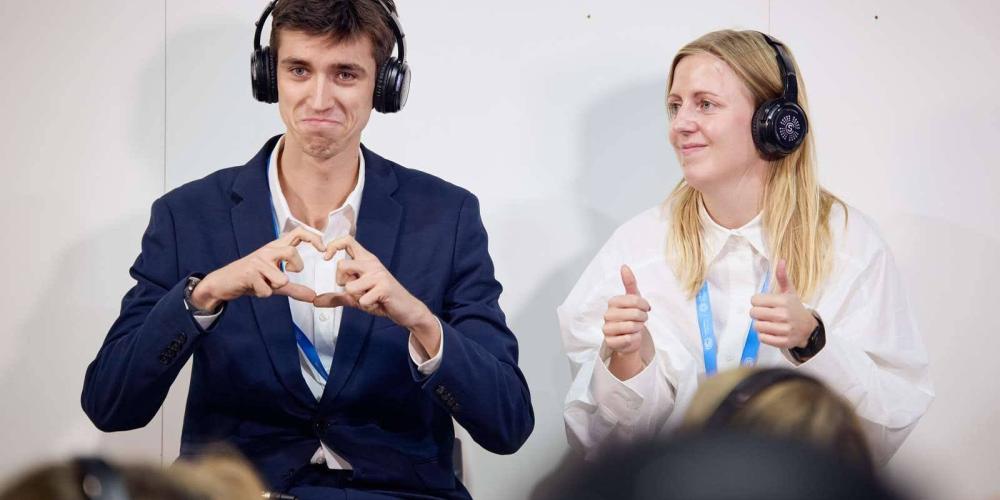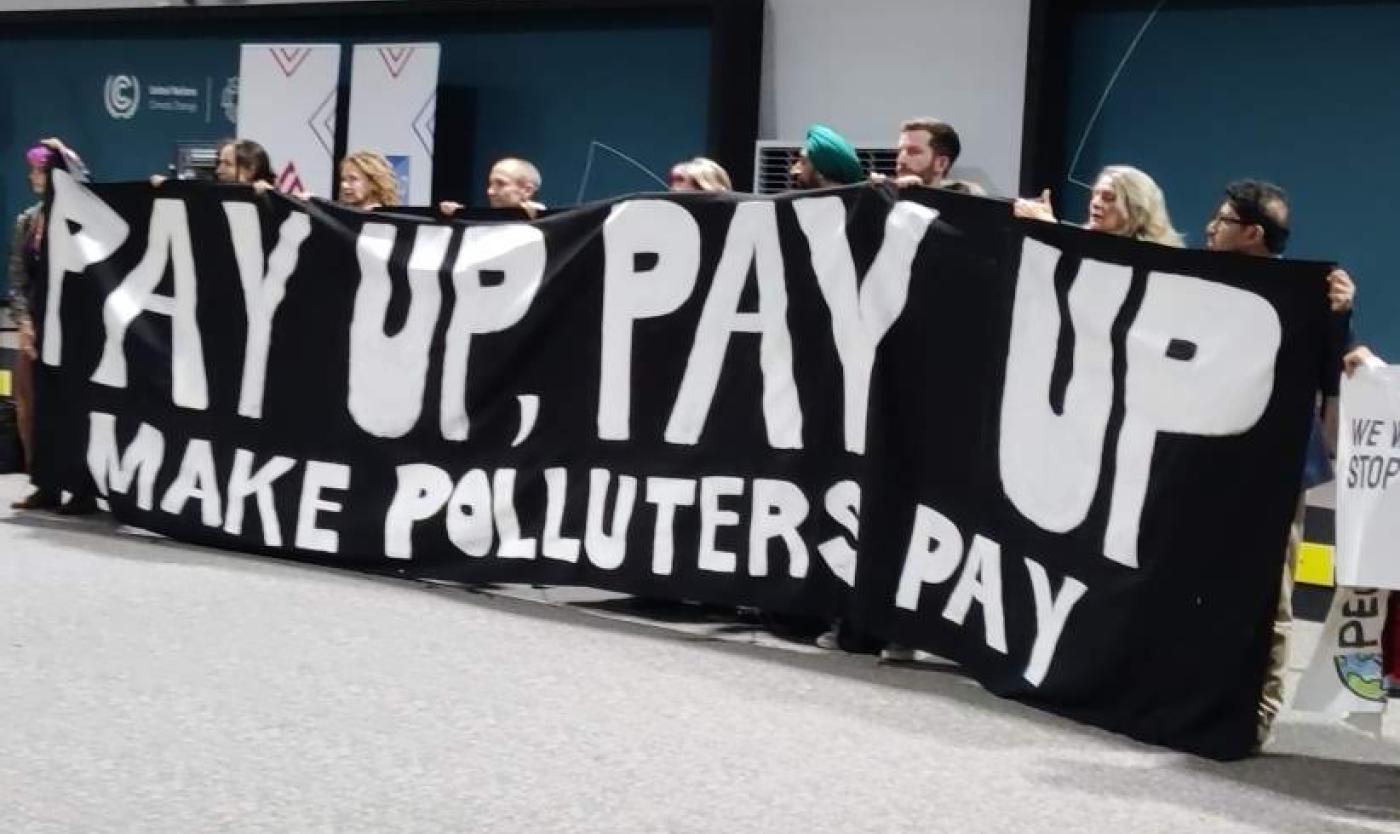
“It quickly became clear that my high expectations were at odds with reality. As I followed the negotiations, my spirits sank,” writes Vandenberghe, a geography student at the Vrije Universiteit Brussel (VUB), reflecting on his participation in COP29. This opinion piece was written for Knack.
Five years after the climate marches, I set off last week for the climate conference in Baku with high hopes. After all, there’s urgent work to be done to minimise the impact of climate disasters like those recently seen in Valencia. According to a recent UN report, we’re on course for a global temperature rise of 3.1°C. Under current climate policies, we could face at least 20 times as many heatwaves as we would in a world without climate change. If we manage to meet the 1.5°C target set in the Paris Agreement, that number drops to “just” 12 times. The importance of the COP29 negotiations cannot, therefore, be overstated.
Yet it quickly became apparent that my high expectations clashed with the harsh reality. Following the negotiations was disheartening. Instead of drawing up concrete plans to accelerate climate mitigation this decade—reducing future emissions—the talks are completely deadlocked. Countries can’t even agree on discussing the substance of the issues. Sadly, this isn’t new; mitigation negotiations have been stalling for years.

The situation in Belgium is equally troubling. It seems that our politicians’ favourite mantra, “feasible and affordable,” masks little more than a glaring lack of political courage. The Brussels Court of Appeal has condemned the federal government and regional authorities for their inadequate climate policies, which it ruled also violate fundamental human rights. On top of that, the European Commission has launched infringement proceedings to compel Belgium to submit its final Climate and Energy Plan. The verdict is clear: Belgium must reduce its greenhouse gas emissions by 55% by 2030.
Despite this urgency, fossil fuels in Belgium still receive an annual subsidy of €15 billion. While billions continue to flow into fossil fuel subsidies, there’s a glaring lack of funding for social support during the climate transition and for climate finance directed towards the Global South. These nations desperately need the resources to adapt to a crisis they’ve contributed little to but are suffering from the most. It is imperative that funds currently propping up the fossil fuel industry are redirected towards international climate action.
In the second week of the climate conference, ministers will meet to make critical political decisions. However, concerns among young attendees are mounting: we fear that an ambitious agreement will remain elusive, both in terms of climate finance and mitigation efforts.
That’s why we are calling on policymakers at every level to take responsibility. Now, more than ever, it’s crucial to prioritise long-term solutions over short-term gains. More than a billion children and young people are counting on you. Let their future outweigh the influence of the fossil fuel lobby.